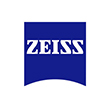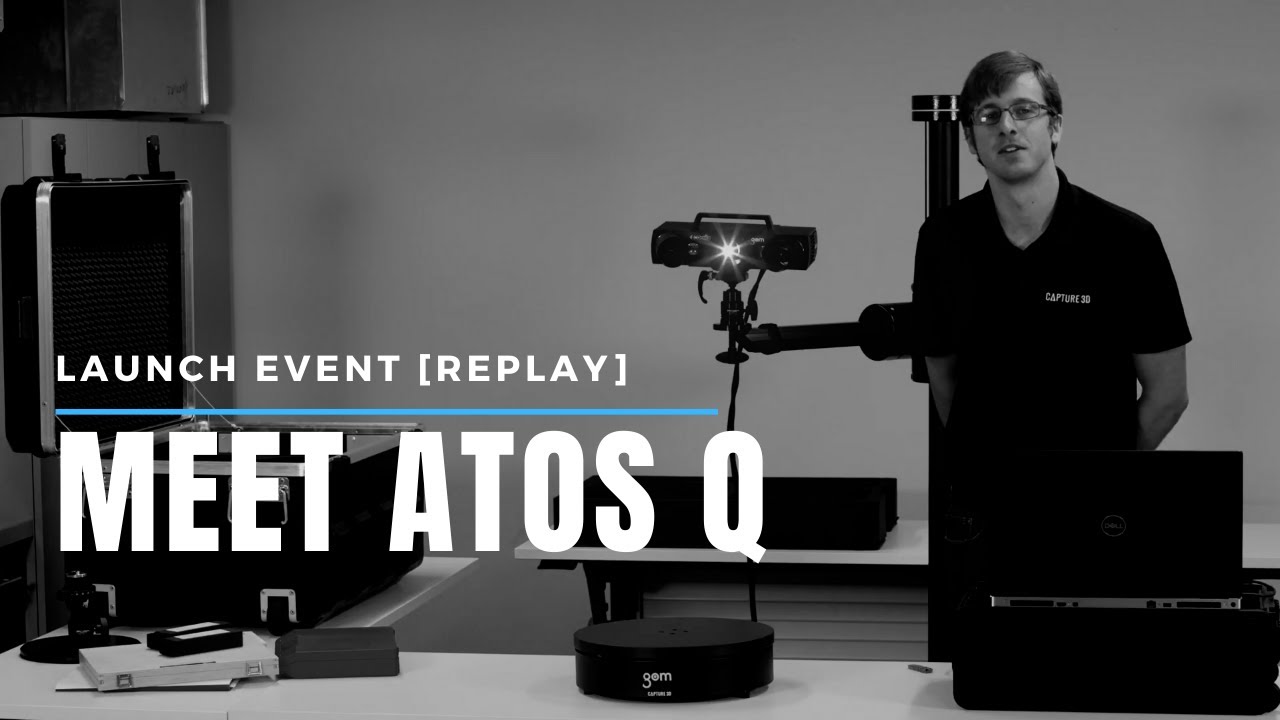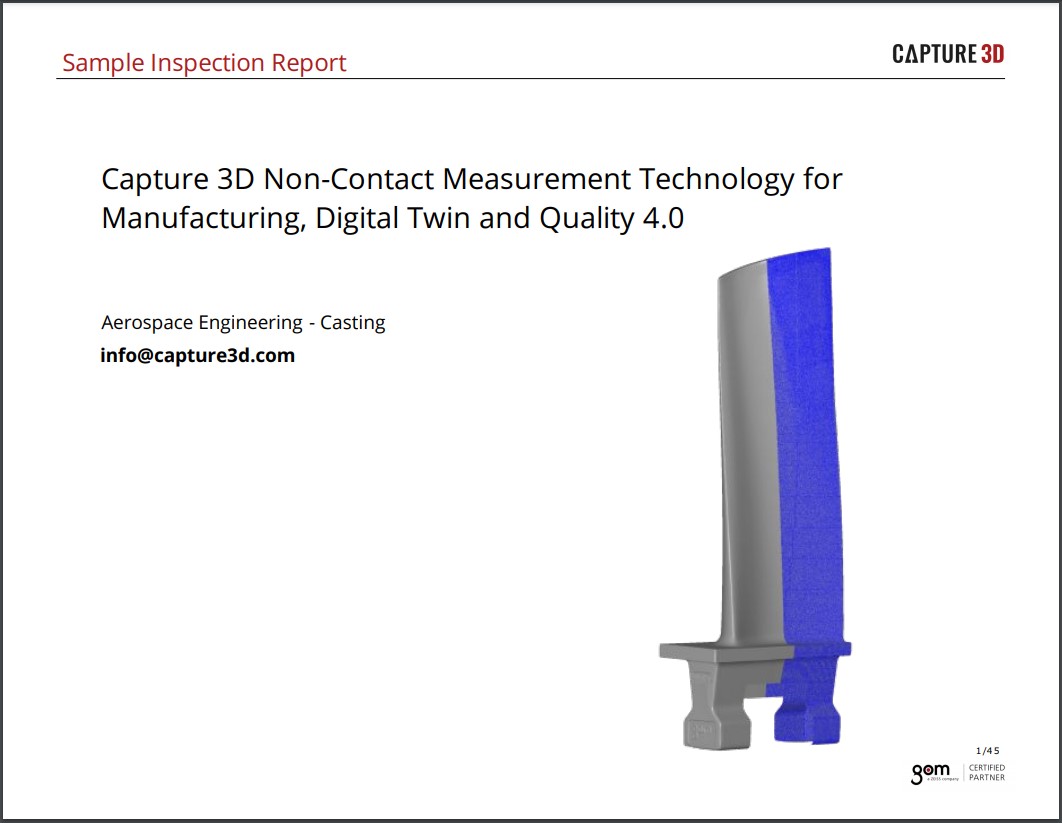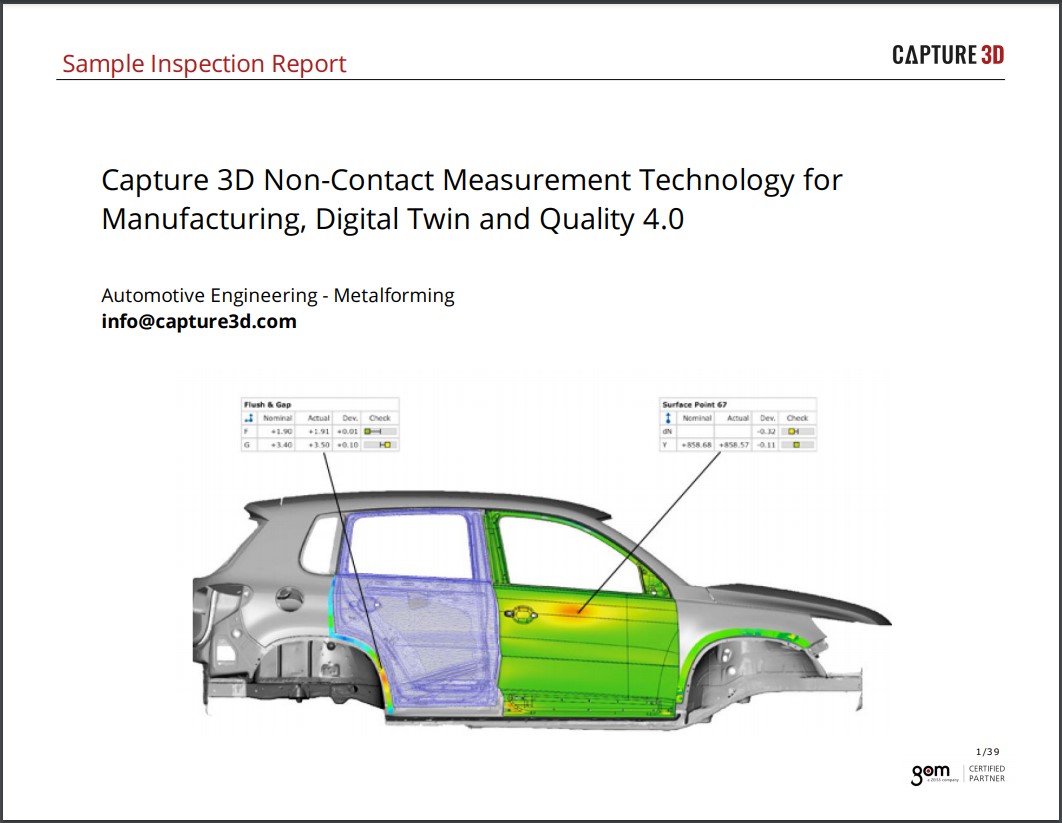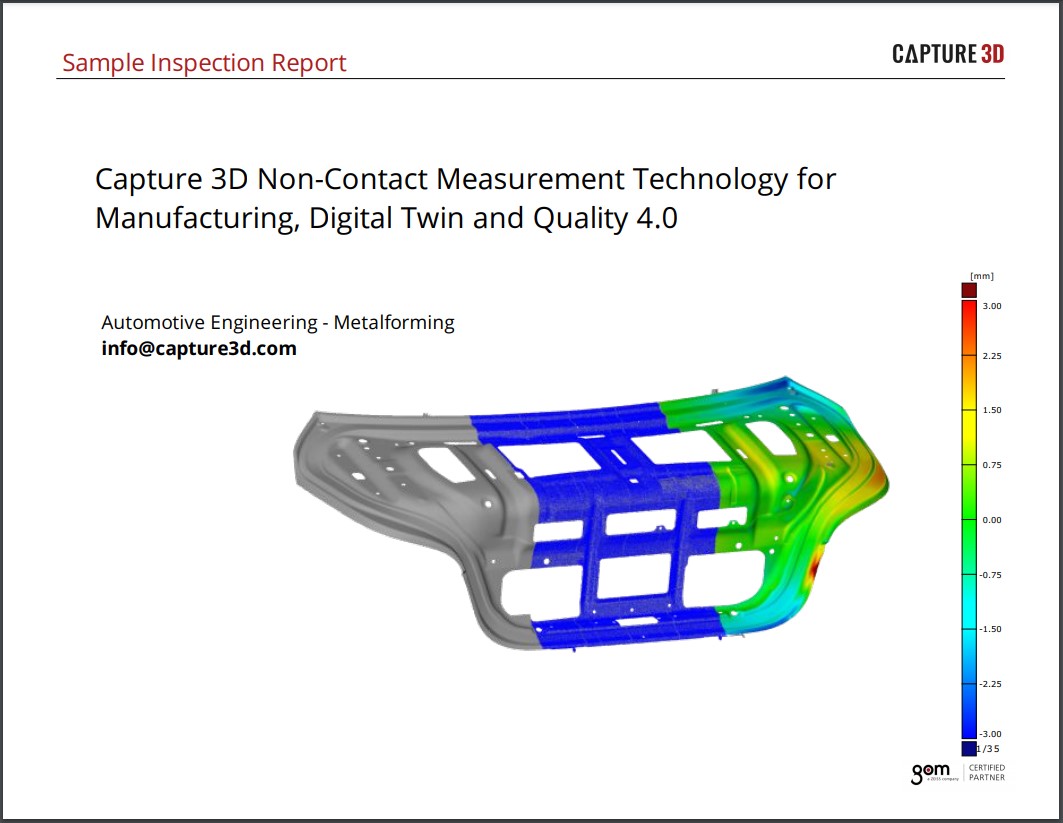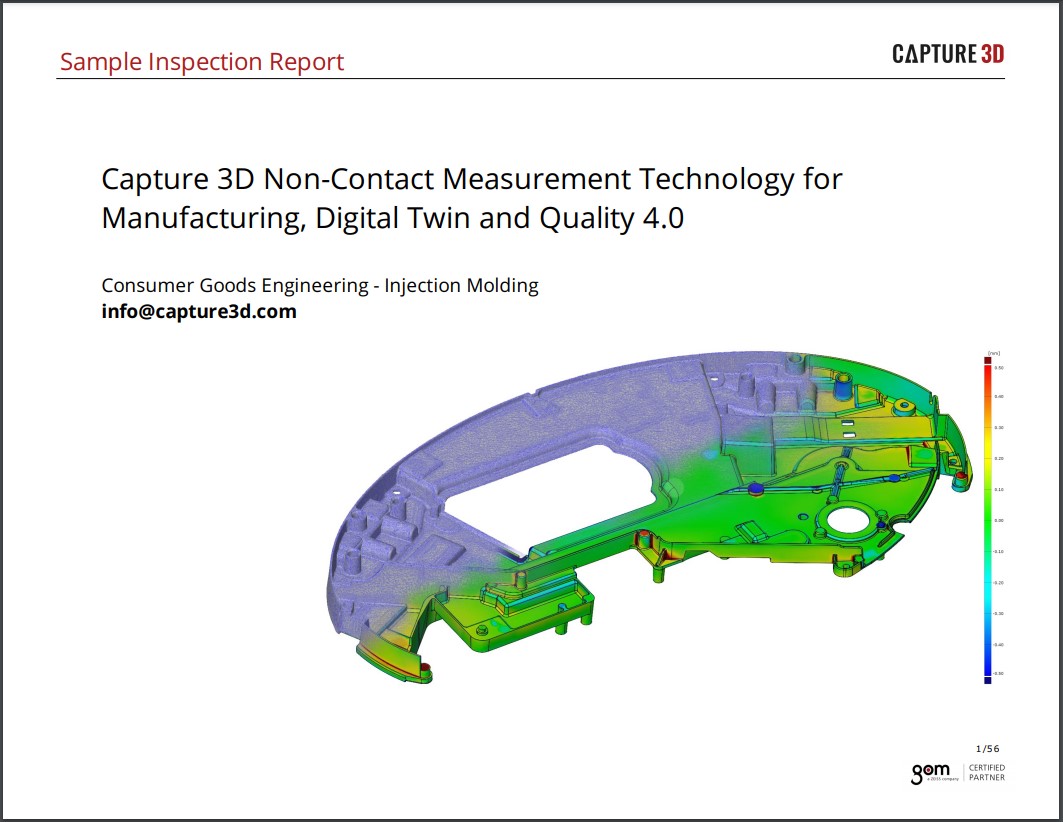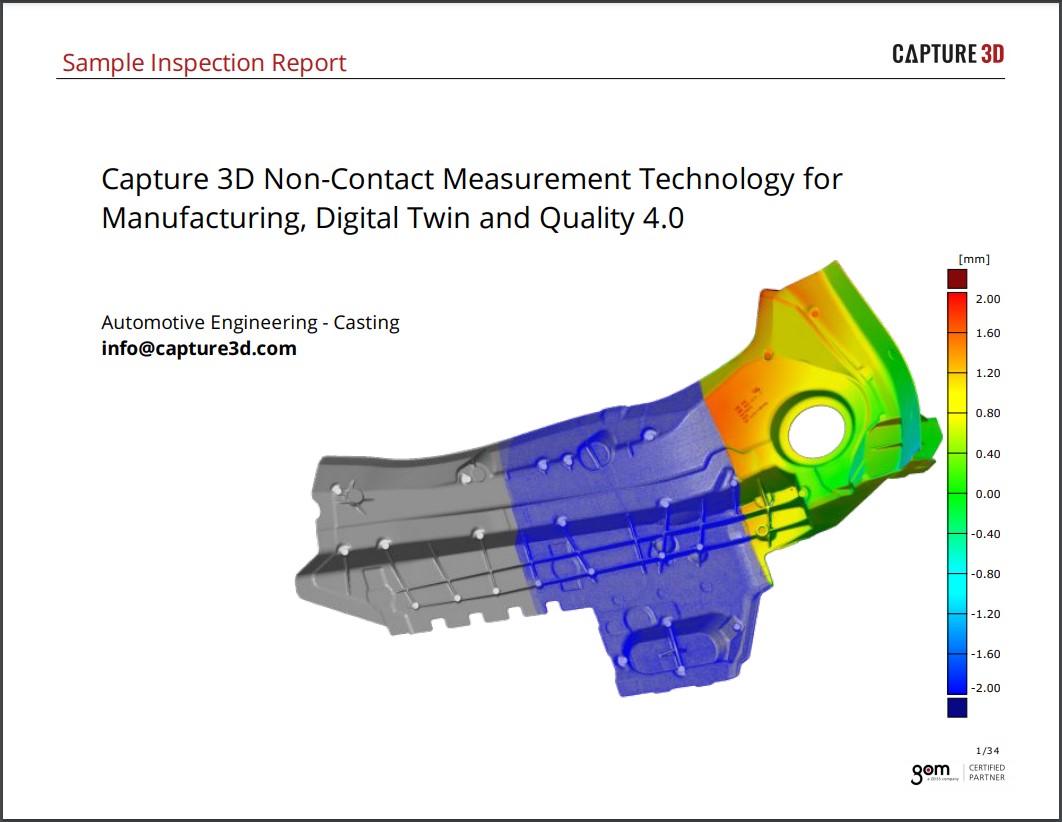Are 3D Scanners Accurate? 
3D scanners can be accurate, but it depends on several factors such as the type of scanner, its resolution, the quality of the equipment, and the scanning environment.
For example, structured light scanners, which use a projector to project a pattern of light onto an object, can provide accuracy up to 0.05 mm, while laser scanners can provide accuracy up to 0.01 mm. However, accuracy may decrease when scanning objects with complex geometries, shiny or reflective surfaces, or objects with varying material properties.
Moreover, factors such as temperature, humidity, and lighting can affect the accuracy of a 3D scanner. Therefore, it's essential to ensure that the scanning environment is suitable for the scanner's specifications to obtain the most accurate results.
Overall, 3D scanners can be accurate, but the level of accuracy depends on various factors, and it's crucial to understand the scanner's limitations and specifications to achieve the best results.
See the catalog of ATOS and ZEISS accurate 3D scanners, which have been relied up on by industry leaders for years and years.
